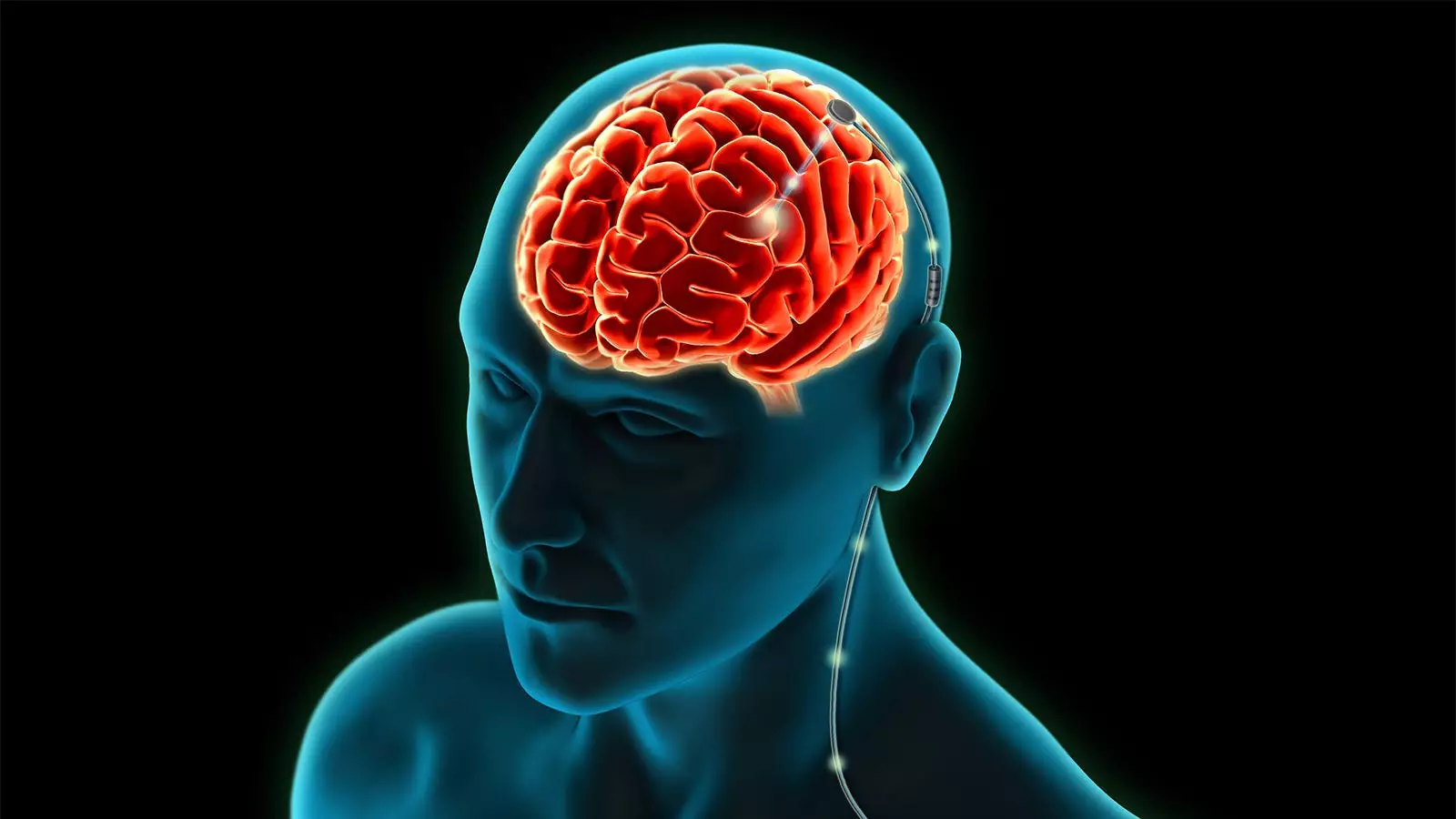Parkinson’s disease is a progressive neurodegenerative disorder that affects millions of people worldwide. One treatment option for managing the motor symptoms of Parkinson’s is deep-brain stimulation (DBS). A recent pilot study conducted by Carina Oehrn, MD, PhD, and her team at the University of California San Francisco explored the use of adaptive DBS, personalized to each patient’s neural signals. The study showed promising results in improving motor symptoms compared to conventional DBS.
The pilot study included four Parkinson’s patients who underwent adaptive DBS treatment. The results revealed that adaptive DBS reduced the duration of motor symptoms by approximately 50% when compared to conventional DBS. Patients reported a significant improvement in the percentage of awake time experiencing their most bothersome symptoms without worsening the opposite symptoms. The most bothersome symptoms included involuntary movements and difficulty initiating movement, which significantly impacted the patients’ quality of life.
Unlike traditional DBS, which delivers constant stimulation, adaptive DBS adjusts the stimulation based on the patient’s activity and symptoms. By sensing Parkinson’s symptoms before they occur, the adaptive approach calibrates the amount of stimulation needed to prevent them. This individualized treatment strategy aims to improve the quality of life for patients living with Parkinson’s disease by controlling residual symptoms without exacerbating others.
Implications for Parkinson’s Treatment
The findings of this pilot study highlight the potential benefits of personalized adaptive neurostimulation in Parkinson’s and other neurological disorders. While the study had a small sample size and early findings, it lays the groundwork for larger clinical trials to evaluate the scalability of adaptive DBS. Automating the sensing and stimulation algorithm, along with incorporating data from wearables and patient-reported problems, could further enhance the effectiveness and accessibility of DBS treatment.
One of the challenges facing DBS treatment is access for patients and physicians. Specialized training is often required to program DBS devices, limiting the availability of this treatment option. Future research should focus on streamlining the technology and making it more user-friendly for both patients and healthcare providers. Additionally, broader clinical trials are needed to validate the effectiveness of adaptive DBS in improving motor symptoms and quality of life for a larger population of Parkinson’s patients.

Leave a Reply